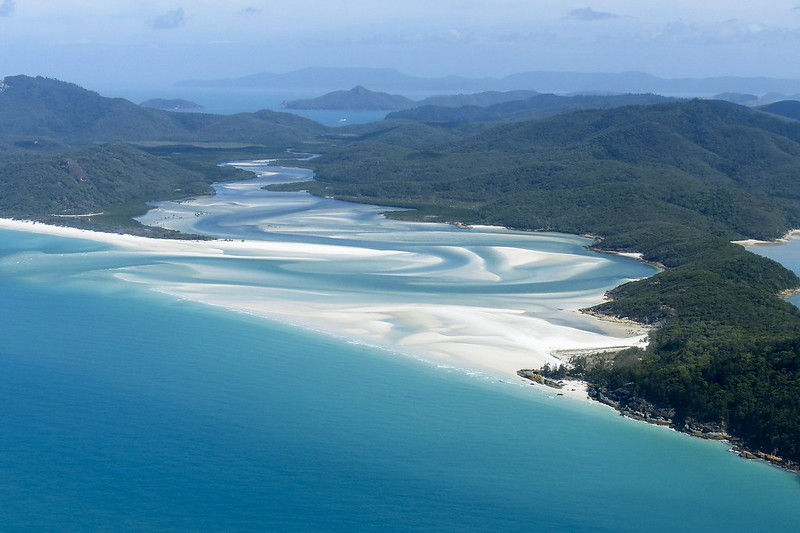Winds of Change: The Climate Outlook for 2021
- Inga

- Dec 29, 2020
- 4 min read
The emergence of the Coronavirus (Covid-19) a year ago - if it did nothing else - underscored for us all the importance of anticipating, preparing and where applicable steering the environmental course for things that might happen in the future.
Climate change includes both the global warming driven by human emissions of greenhouse gases, and the resulting large-scale shifts in weather patterns. Though there have been previous periods of climatic change, since the mid-20th century, humans have had an unprecedented impact on Earth's climate system and caused change on a global scale. https://en.wikipedia.org/wiki/Climate_change

Unfortunately recent global assessments of biological diversity and climate change indicate negative trends and a rapidly narrowing window for action to reverse these trends.
If governments and officials do not notice or respond to environmental problems, are they still problems? Yes, they are! Environmental quality in many regions around the world is limited by insufficient monitoring, detection, prevention and mitigation of pollution or other mismanagement and ignorance. But that could change, thanks to emerging technologies that will bring more awareness to broader communities.
With the help of the growing adoption of smartphones and internet connectivity, private citizens around the world are being empowered to act as environmental detectives, calling out problems identified through social media mining (Social media mining is the process of obtaining big data from user-generated content on social media sites and mobile apps in order to extract patterns, form conclusions about users, and act upon the information, often for the purpose of advertising to users or conducting research. Wikipedia)
This approach already has been used to document locust swarms in East Africa. As more and more people connect, hopefully it will be applied around the world to detect and encourage responses to environmental assaults of all sorts, from water pollution to wildlife poaching, illegal wildlife trade and much more.

Since the economic activity has slowed down worldwide with aeroplanes grounded, people in lock-down or working from home not using their cars, factories shut and so on, the air quality over Europe and China has temporarily improved. For climate scientists, the way millions of people around the world have changed their behaviour clearly shows the possibility to do the same to slow down climate change. Will we realise that it is only through collective, ambitious action that we have a chance to halt the worst impacts of climate change?
In a interesting article from the Guardian, 25 May 2020 (Damian Carrington Environment editor @dpcarrington) wrote:
"Nature is sending us a message! Destruction of wildlife and the climate crisis is hurting humanity, with Covid-19 a ‘clear warning shot’, say experts.
Nature is sending us a message with the coronavirus pandemic and the ongoing climate crisis, according to the UN’s environment chief, Inger Andersen.
Andersen said humanity was placing too many pressures on the natural world with damaging consequences, and warned that failing to take care of the planet meant not taking care of ourselves. Leading scientists also said the Covid-19 outbreak was a “clear warning shot”, given that far more deadly diseases existed in wildlife, and that today’s civilisation was “playing with fire”. They said it was almost always human behaviour that caused diseases to spill over into humans. To prevent further outbreaks, the experts said, both global heating and the destruction of the natural world for farming, mining and housing have to end, as both drive wildlife into contact with people.
They also urged authorities to put an end to live animal markets – which they called an “ideal mixing bowl” for disease – and the illegal global animal trade.
Andersen, executive director of the UN Environment Programme, said the immediate priority was to protect people from the coronavirus and prevent its spread. “But our long-term response must tackle habitat and biodiversity loss,” she added.
“Never before have so many opportunities existed for pathogens to pass from wild and domestic animals to people,” she told the Guardian, explaining that 75% of all emerging infectious diseases come from wildlife."


“The more we hunt wildlife, the more we come in contact with new environments and the more we increase the likelihood of us being exposed to these viruses,” explained Peter Ben Embarek of the World Health Organization’s International Food Safety Authorities Network. “It’s clear that poaching and hunting endangered species has to stop. It’s totally unacceptable. I think everybody in all authorities of the world are in agreement with that.”
Easier said than done! Hopefully the Covid-19 pandemic has finally made us recognise that the illegal wildlife trade poses an intolerable danger to public health. An increased effort to stop the illegal wildlife-trade worldwide is the only option to protect our health in the future. But given humans have short memories, once the danger has passed public concern will turn to the next big problem. Covid-19 clearly represents an exceptional opportunity to combat the wildlife trade, and ensure that animal-borne diseases do not mutate and cross over to humans. But only time will tell whether this opportunity will be taken or put off once again until the emergence of the next pandemic poses an even bigger global threat.
To all our readers around the world, we wish you well in those times of uncertainty. Stay safe and healthy! Best wishes for 2021 - from all of us at Enviroblog.net Australia
👫 👫 👫
More reading:
REFERENCE
ECO Business, 2020 (viewed 28.12.2020)






Comments